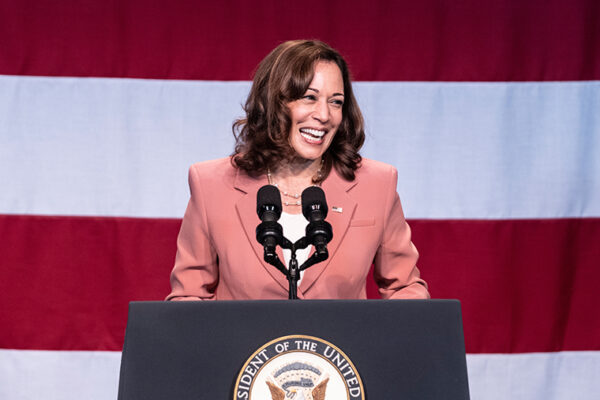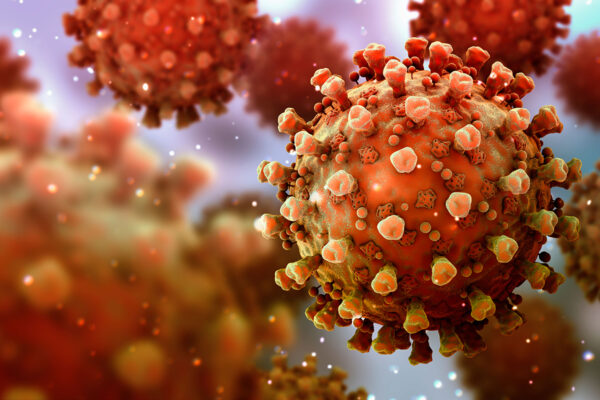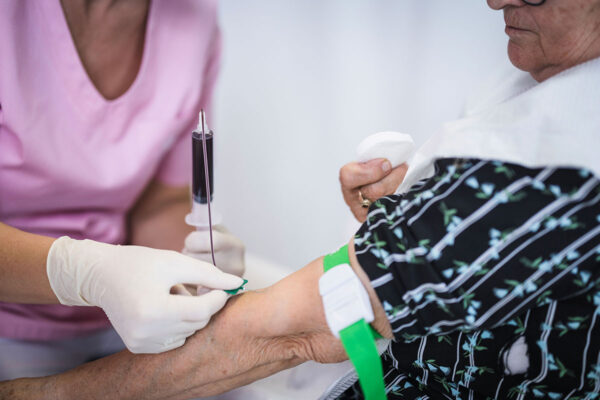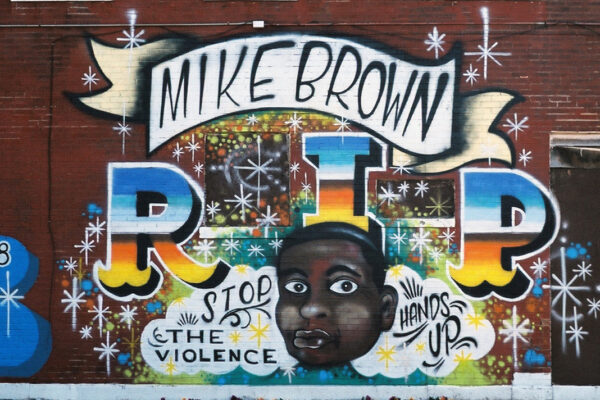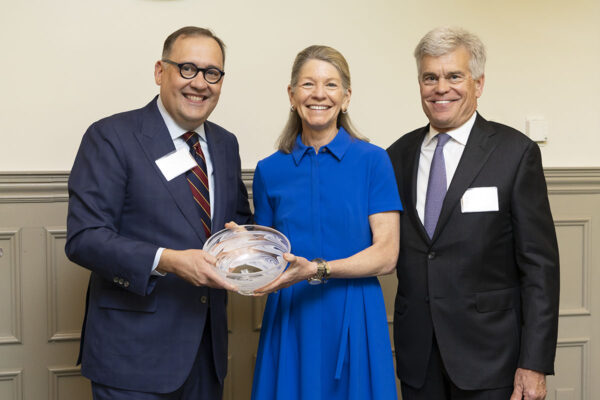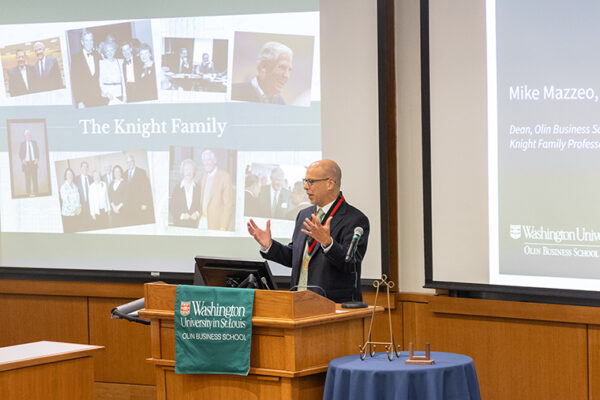How ChiChi is disrupting the breakfast business
Chiara Munzi and Izzy Gorton met in a WashU entrepreneurship class and made their first batches of ChiChi hot chickpea cereal in the Skandalaris Center. Two years later, the brand is booming and the founders will be featured on the Amazon series “60 Day Hustle.”
How gender bias influences perceptions, votes in elections
Diana Z. O’Brien, the Bela Kornitzer Distinguished Professor of Political Science in Arts & Sciences, discusses the unique challenges facing female politicians, the importance of representation and more.
Nasal COVID-19 vaccine halts transmission
A nasal COVID-19 vaccine blocks transmission of the virus, according to an animal study by researchers at Washington University School of Medicine in St. Louis. The findings suggest that vaccines delivered directly to the nose or mouth could play a critical role in containing the spread of respiratory infections.
In Ferguson aftermath, despite progress regression continues
While some progress has been made in the 10 years since Michael Brown’s death Aug. 9, 2014, in many ways we have regressed as a nation, said the School of Law’s Kimberly Norwood, an expert on social justice and civil rights issues.
Accuracy of diagnostic blood tests for Alzheimer’s disease varies
A head-to-head comparison of six commercially available blood tests for Alzheimer’s disease led by researchers at Washington University School of Medicine in St. Louis reveals that two are accurate enough to replace brain scans and spinal taps in some patients with cognitive impairments.
Faculty available to comment on 10th anniversary of Michael Brown’s death
Washington University in St. Louis faculty are available for media interviews marking the 10th anniversary of the death of Michael Brown Aug. 9, 2014, and subsequent civil unrest in Ferguson, Mo.
‘Ferguson’ inspired generation of activists, political leaders
Clarissa Rile Hayward, a professor of political science in Arts & Sciences and an expert on social movements, said that Michael Brown’s death forced law enforcement agencies around the country to grapple with the racism within their departments and led to an uptick in activism and political engagement.
Mary and Tom Stillman receive Harris Award
Mary and Tom Stillman are the recipients of the 2024 Jane and Whitney Harris St. Louis Community Service Award, which recognizes those who contribute to the betterment of the greater St. Louis community.
Mazzeo installed as inaugural Knight Family Professor
Mike Mazzeo, dean of Olin Business School at Washington University in St. Louis, has been installed as the inaugural Knight Family Professor. The endowed position was made possible by the Knight family, longtime ardent supporters of the Olin, WashU and St. Louis communities.
WashU researchers quantify solar absorption by black carbon in fire clouds
Aerosol scientists at Washington University have quantified the extent of light absorption by black carbon in fire clouds to better model climate impacts of extreme wildfire events.
View More Stories

